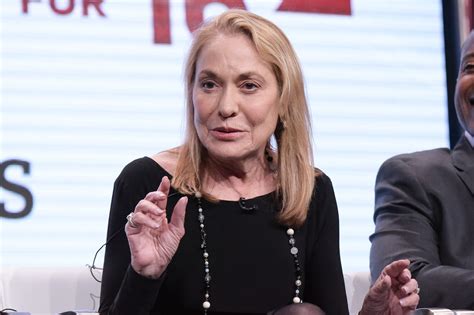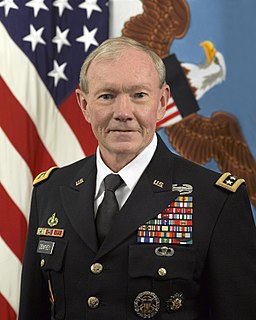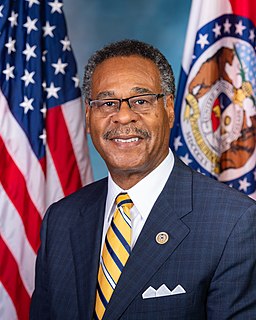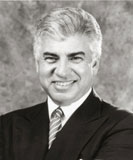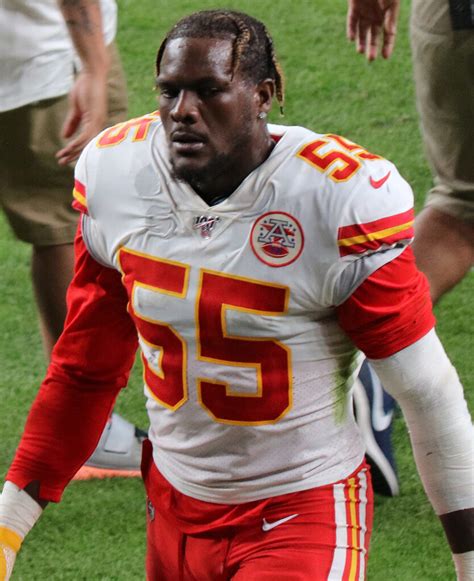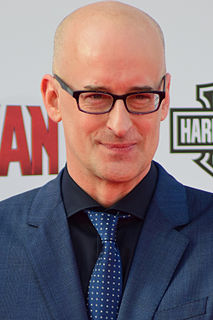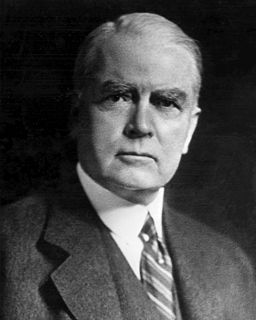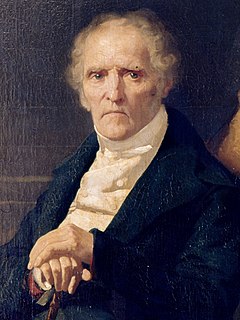A Quote by Susan Estrich
John Kennedy won the first televised presidential debate among those watching it, while Richard Nixon won among those listening on the radio.
Related Quotes
Modern presidential debating only started with Richard Nixon and John F.Kennedy in 1960, although the proximity of that to the Lincoln-Douglas centennial is more than accidental. The reason is, I think, the medium. Abraham Lincoln and Stephen A. Douglas were talking, but the talking was in terms of logic, development, and reasoning. Television, as a medium, resists those qualities in speaking - it favors quick cuts, one-liners, and talking points. I think the modern debates are largely the prisoners of the televised medium
The America I know is trusted, sometimes guardedly, but among those who aspire to improve the lives of their citizens, among those who feel vulnerable, and among those who want an equal voice in a partnership, we remain the partner of choice. The America I know leads, sometimes cautiously, but always ethically.
John F. Kennedy, who seized the White House from Richard Nixon in a frenzied campaign that turned a whole generation of young Americans into political junkies, got shot in the head for his efforts, murdered in Dallas by some hapless geek named Oswald who worked for either Castro, the mob, Jimmy Hoffa, the CIA, his dominatrix landlady or the odious, degenerate FBI chief J. Edgar Hoover. The list is long and crazy - maybe Marilyn Monroe's first husband fired those shots from the grassy knoll. Who knows?
...the debate among the scientists if over. There is no more debate. We face a planetary emergency. There is no more scientific debate among serious people who've looked at the science...Well, I guess in some quarters, there's still a debate over whether the moon landing was staged in a movie lot in Arizona, or whether the Earth is flat instead of round.
